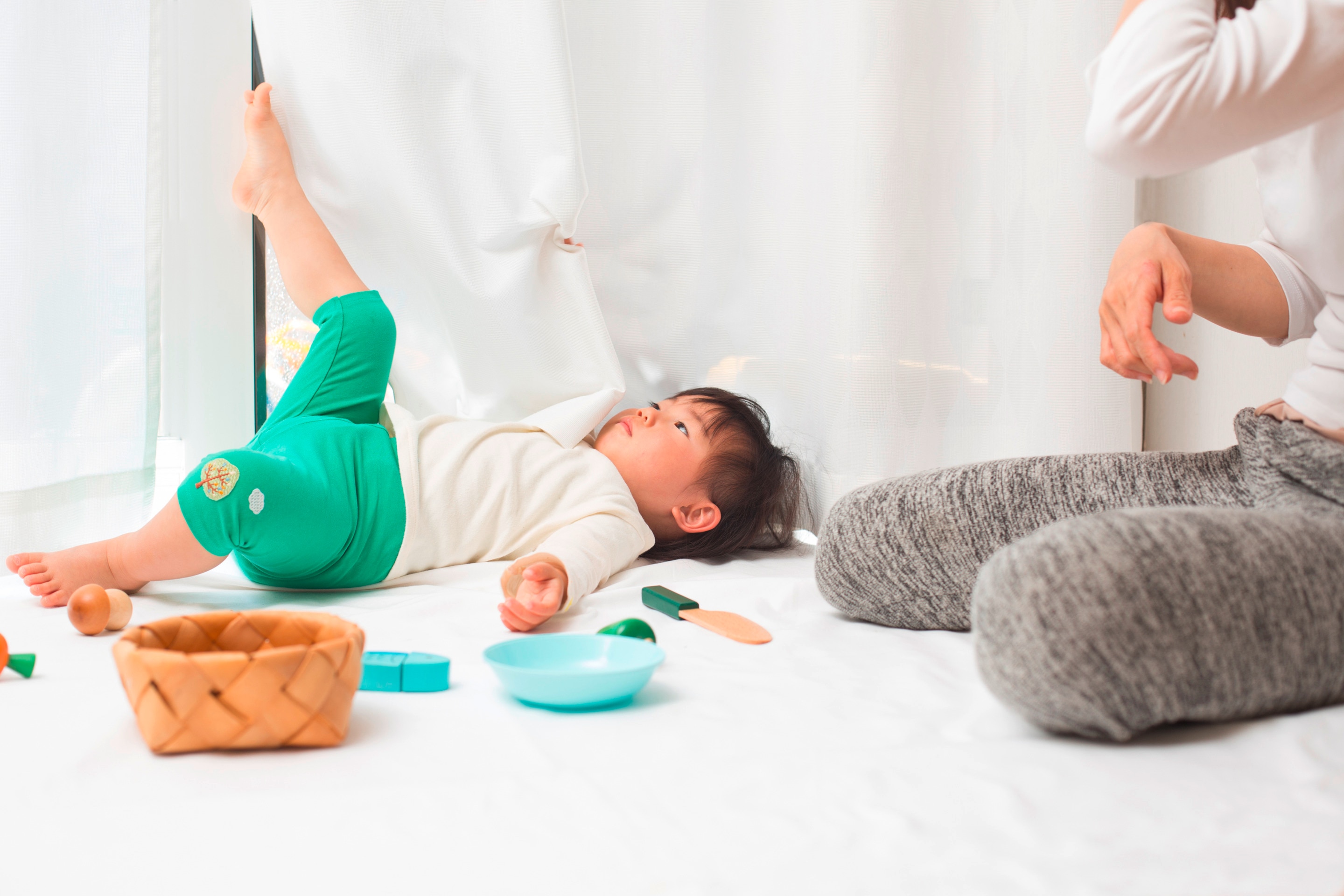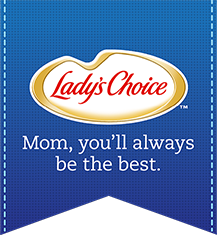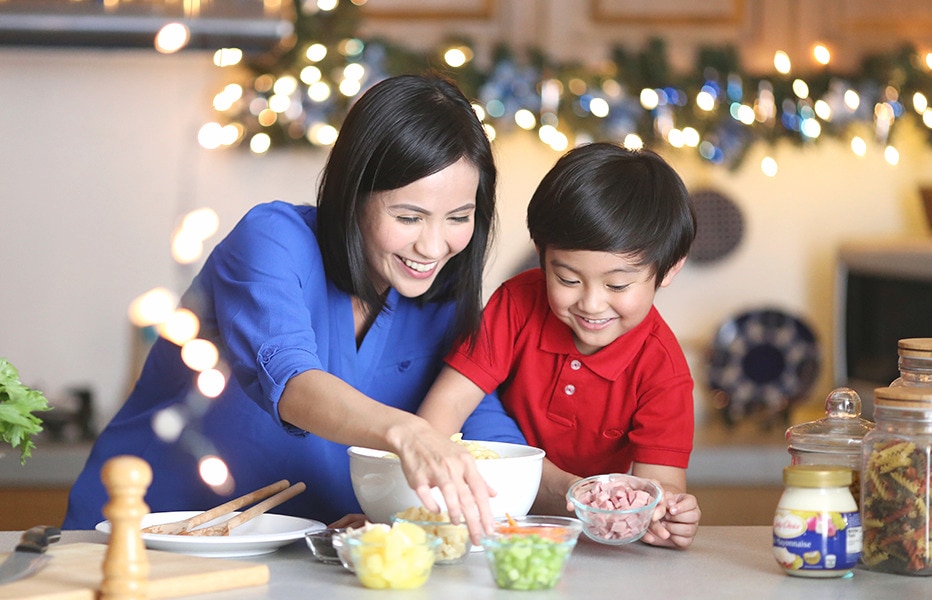Parenting Style Quiz: What You’re Doing Right
Share to facebook Opens in new window
Are you raising independent, resilient, well-rounded, and successful children? These questions have been the focus of parenting style research for years. Developmental psychologists identified four main styles—authoritarian, permissive or indulgent, authoritative, and uninvolved.
Wondering which style your parenting falls under? Read on to find out.
The Authoritarian Parent

The authoritarian parent is all about control when it comes to their children. These parents keep all the decision-making authority to themselves and value obedience without question. They don’t feel the need to explain their reasoning and are more likely to punish disobedience and mistakes.
If you often do these things, you might be an authoritarian parent:
- End arguments with your children with, “Because I said so.”
- Expect strict obedience to your rules without exception.
- When your kids question your rules, you see them as being disrespectful.
- You believe in punishing them when they disobey your rules.
- You believe that giving in or indulging them equates to spoiling or coddling them.
Children with authoritarian parents can struggle socially and have lower self-esteem. The authoritarian parent can develop a healthier relationship with their kids by being open to listening to their concerns. Their children will benefit from a more flexible approach with warmth and affection.
The Permissive or Indulgent Parent

These parents value being attentive and nurturing over setting rules and enforcing control. They give away their decision-making authority to their children, allowing their kids to regulate their activities. These parents don’t like to enforce punishment.
What are the signs of an indulgent parent?
- You set rules but don’t bother to enforce them.
- You allow your children to do what they want, believing that they’ll learn best on their own.
- You often succumb to your kids’ tantrums.
- You believe that indulging them shows how much you care.
- You take pride in being their best friend.
Children with permissive parents may openly communicate with their parents and feel safe in their love, but they can grow to have problems with authority and feel entitled. Their parents can help promote their developmental growth by setting age-appropriate limits while firmly implementing respect for their rules.
The Authoritative Parent

Being authoritative is a middle ground between authoritarian and permissive. These parents set clear boundaries while encouraging their children to make their own decisions, promoting independence within limits.
Authoritative parents have these characteristics:
- You assert your boundaries but also take the time to explain them to your children.
- You help your kids deal with their tantrums, guiding them in understanding their emotions.
- You stand firm in your decisions regarding your children while being open to their questions.
- You encourage dialogue with them even as they question your rules.
- You interact with them with warmth and affection.
They offer warmth and direction to their children and are willing to explain their rules while encouraging healthy dialogue. They often share decision-making authority with their children, such as following a step-by-step guide to preparing a Classic Egg Mayo Sandwich with Lady’s Choice Real Mayonnaise. It is the preferred method of parenting, resulting in children who have self-control and resilience.
The Uninvolved or Neglectful Parent

As proposed by Maccoby and Martin, the uninvolved parent is detached and absent from their child’s life. Sometimes, uninvolved or neglectful parents are the way they are because they aren’t equipped with knowledge on child development or they’re often overwhelmed with the struggles of life—work, finances, and relationship problems.
Wondering if you’re considered an uninvolved parent? Ask yourself these questions:
- Do you favor a hands-off approach to parenting?
- Do you think it’s enough that you provide your kids with a home, food, and clothing?
- Are you too busy to help your children with their homework or in their daily routines?
- Do you believe it’s better not to get involved in your kids’ social lives and have no idea who their friends are?
- Do you find it easier to have little communication with them?
Studies have shown that children of neglectful parents tend to lack self-control, have low self-esteem, and are less competent than their peers.
Unofficial Styles of Parenting
Recent years have experts introducing other styles of parenting. Attachment parenting, founded by pediatrician William Sears, is characterized by extended breastfeeding, self-weaning, babywearing, and co-sleeping. These practices reportedly promote healthy bonding and attachment between parent and child.
Helicopter parenting has received a lot of negative attention since its primary goal is to protect kids and help them become achievers in life. But this also means that parents can become overinvolved with their children, resulting in micromanagement.
Free-range parenting is raising children with limited supervision. Can you imagine letting your child prepare an Adobo Sandwich or Pineapple Cheese Sandwich on their own? Though it may look like permissive parenting, the free-range parent ensures independence with guidance according to a child’s developmental age.
What’s Your Parenting Style?
If you feel that you don’t fit into one category, that’s okay. Sometimes, different factors come into play to dictate your style. Feeling run-down and stressed makes you stray naturally into uninvolved parenting. An anxious and fearful toddler can find you being more permissive to provide more nurturing. A child growing into a teen can make you take a more hands-off approach.
In the end, being flexible as you adjust your parenting style according to your child’s needs can still help you raise happy, capable, and successful individuals. Tell us: which kind resonates most with you?
Related Articles
- slide 1
- slide 2
- slide 3




